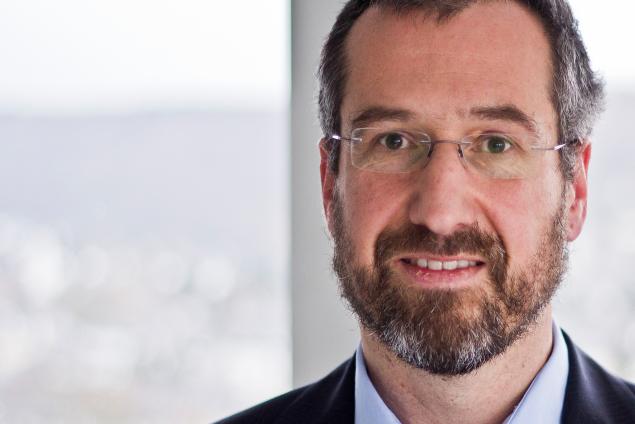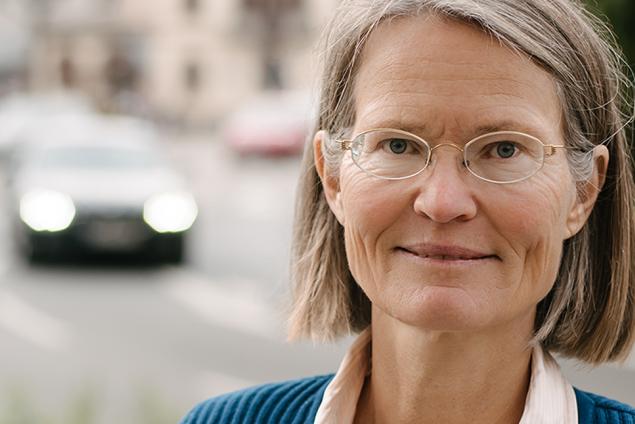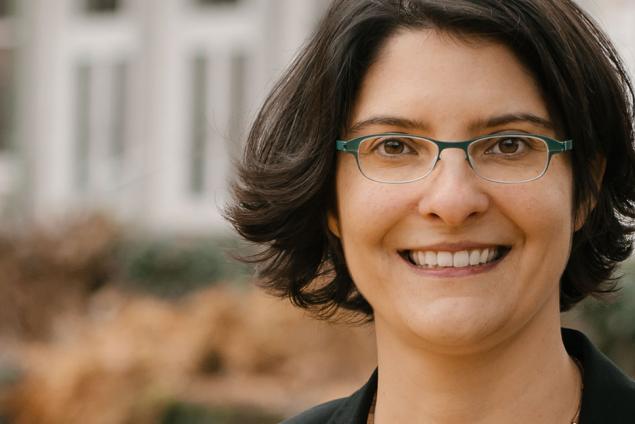Scroll to Section:
How does religious normative knowledge spread throughout the world? How is such normative knowledge translated, adapted and regionalized in particular geographical domains? In this video, THOMAS DUVE analyzes the processes by which normative knowledge is globalized and localized with a specific focus on religious knowledge. Focusing on places that came into contact with the Iberian empires in the early modern period, Duve argues that our understanding of epistemic communities like the celebrated School of Salamanca requires serious reconsideration. The work also presents an important reassessment of the types of sources to be used by legal historians, highlighting the vital insights provided by so-called pragmatic texts, those texts employed by practitioners on a daily basis.
DOI:
https://doi.org/10.21036/LTPUB10768
Institution
Max Planck Institute for Legal History and Legal Theory
The Max Planck Institute for Legal History and Legal Theory considers its most important task to consist in engaging in theoretically reflected historical research in the field of law and other forms of normativity in order to make a specific contribution to the fundamental research in legal scholarship, the social sciences and historical humanities. The Institute’s research examines law, its constitution, legitimation, transformation and practice. Particular attention is paid to the positioning of historical forms of ‘law’ in the context of other normative orders. The establishment of a department engaged in developing a multidisciplinary legal theory in 2020 substantially expands the Institute's engagement with issues of legal theory.
Original publication
Internationalisierung und Transnationalisierung der Rechtswissenschaft
Rechtswege
Published in 2015
Global Legal History: Setting Europe in Perspective
The Oxford Handbook of European Legal History
Published in 2018
Global Legal History – A Methodological Approach
Max Planck Institute for European Legal History Research Paper Series
Published in 2016
Beyond
A Ground-breaking Scientific Revolution
An Alarming Challenge for Society
If I Had a Second Life
A Personal Reading Recommendation




